
Since 2010, the Global Law Experts annual awards have been celebrating excellence, innovation and performance across the legal communities from around the world.
posted 1 year ago
Whether a Halloween costume infringes on trademark or copyrights depends on several factors, including the specific design of the costume, its branding, and how it’s marketed. This applies to the commercialization of costumes, no to personal use.
But what protections exist for these creations under U.S. intellectual property law? While designers might want to safeguard their work, costumes present unique challenges regarding copyright, trademark, and patent protections.
Copyright is often the first line of defense for creators. Under U.S. copyright law, protection applies to “original works of authorship” fixed in a tangible medium, covering categories such as literary, musical, and dramatic works, as well as visual and sculptural pieces. However, copyright protection does not extend to functional items like most clothing.
The U.S. Copyright Office has historically allowed limited copyright protection for costumes, specifically when a costume includes unique sculptural elements that stand apart from typical clothing. For instance, a superhero costume with elaborate, original three-dimensional features might qualify, while a simple witch or pirate outfit would not. This limited scope means that only highly original and decorative costumes have copyright protection, making it difficult for creators of everyday costumes to claim ownership.
Trademarks protect symbols, names, and designs that identify and distinguish goods or services. While costumes themselves might not be protected by trademark, distinctive logos, names, or characters associated with them often are. For example, a costume labeled with a recognizable logo or slogan (e.g., a famous comic book character’s emblem) is likely protected by trademark law, provided it’s registered and used in commerce.
While less common, patents can protect highly innovative or functional aspects of costume designs. If a costume involves novel structural or ornamental aspects that differ significantly from existing designs, a design patent might apply. Utility patents could also apply if the costume incorporates new functionality (like light-up elements or special effects).
Despite these avenues, protecting Halloween costumes remains challenging. Costumes often incorporate ideas and themes from popular culture, which are typically unprotected by intellectual property law due to their generic nature. Courts have upheld that “ideas” themselves—like the general notion of a vampire or zombie costume—cannot be copyrighted or trademarked. Moreover, costumes inspired by public domain characters (such as historical figures or folklore) are freely usable by all, reducing the scope for protection. While original designs associated with these characters can be protected, the underlying ideas and historical elements are not. This distinction can lead to a proliferation of lookalike costumes and competing designs based on unprotected themes.
I have helped countless businesses secure their trademarks in the United States and abroad—and I’d be happy to assist you too!
Stay informed with the latest legal developments at Global Law Experts
Author


No results available
posted 10 hours ago
posted 14 hours ago
posted 14 hours ago
posted 14 hours ago
posted 14 hours ago
posted 14 hours ago
No results available
Find the right Legal Expert for your business
Global Law Experts is dedicated to providing exceptional legal services to clients around the world. With a vast network of highly skilled and experienced lawyers, we are committed to delivering innovative and tailored solutions to meet the diverse needs of our clients in various jurisdictions.

Thinking of buying property in Brazil? Start with a full legal safety net.
✔️ Check title and ownership history
✔️ Verify no debts or disputes
✔️ Confirm zoning and permits.
#BrazilProperty #RealEstateInvesting #LegalDueDiligence #ForeignInvestment #PropertyLaw #GlobalRealEstate #InvestmentRisk #BrazilLaw

When your international business faces financial distress, quick action is key! 🔑 Negotiating with creditors, restructuring debt, and understanding insolvency laws can help regain stability. Global Law Experts is here to guide you through your options.
🌍Explore the details on our website.
🔗Link in bio
#GlobalLawExperts #CommercialLaw #BusinessLaw #LegalAdvice #BusinessGrowth #LegalTips #BusinessStrategy #LegalCompliance #Law #LegalKnowledge #LegalAwareness #Law101 #LegalEducation #IntellectualProperty

Thinking of buying property in Brazil? Don’t stop at the contract or key handover. Make sure the title is officially registered before calling it yours.
#BrazilRealEstate #PropertyLaw #GlobalInvestment #ForeignInvestors #LegalTips #DueDiligence #RealEstateRegistration #SecureInvestment

Getting a termination notice right now? Know your rights. Valid reason, fair process, proper notice they matter. Don’t let a bad dismissal walk away without accountability.
#EmploymentLaw #WorkerRights #Termination #LaborLaw #FairDismissal #WorkplaceJustice #LegalAwareness #GlobalWorkforce

Running a business is hard enough — lawsuits shouldn’t make it harder. 🚫 Protect your business with the right legal strategies and expert tools from Global Law Experts. Let’s secure your future together! 💼
🌍Explore the details on our website.
➡️www.globallawexperts.com
#GlobalLawExperts #CommercialLaw #BusinessLaw #LegalAdvice #BusinessGrowth #LegalTips #BusinessStrategy #LegalCompliance #Law #LegalKnowledge #LegalAwareness #Law101 #LegalEducation #IntellectualProperty #Infringed #Ecommerce #LegalBranding
Global Law Experts is dedicated to providing exceptional legal services to clients around the world. With a vast network of highly skilled and experienced lawyers, we are committed to delivering innovative and tailored solutions to meet the diverse needs of our clients in various jurisdictions.

Thinking of buying property in Brazil? Start with a full legal safety net.
✔️ Check title and ownership history
✔️ Verify no debts or disputes
✔️ Confirm zoning and permits.
#BrazilProperty #RealEstateInvesting #LegalDueDiligence #ForeignInvestment #PropertyLaw #GlobalRealEstate #InvestmentRisk #BrazilLaw

When your international business faces financial distress, quick action is key! 🔑 Negotiating with creditors, restructuring debt, and understanding insolvency laws can help regain stability. Global Law Experts is here to guide you through your options.
🌍Explore the details on our website.
🔗Link in bio
#GlobalLawExperts #CommercialLaw #BusinessLaw #LegalAdvice #BusinessGrowth #LegalTips #BusinessStrategy #LegalCompliance #Law #LegalKnowledge #LegalAwareness #Law101 #LegalEducation #IntellectualProperty

Thinking of buying property in Brazil? Don’t stop at the contract or key handover. Make sure the title is officially registered before calling it yours.
#BrazilRealEstate #PropertyLaw #GlobalInvestment #ForeignInvestors #LegalTips #DueDiligence #RealEstateRegistration #SecureInvestment

Getting a termination notice right now? Know your rights. Valid reason, fair process, proper notice they matter. Don’t let a bad dismissal walk away without accountability.
#EmploymentLaw #WorkerRights #Termination #LaborLaw #FairDismissal #WorkplaceJustice #LegalAwareness #GlobalWorkforce

Running a business is hard enough — lawsuits shouldn’t make it harder. 🚫 Protect your business with the right legal strategies and expert tools from Global Law Experts. Let’s secure your future together! 💼
🌍Explore the details on our website.
➡️www.globallawexperts.com
#GlobalLawExperts #CommercialLaw #BusinessLaw #LegalAdvice #BusinessGrowth #LegalTips #BusinessStrategy #LegalCompliance #Law #LegalKnowledge #LegalAwareness #Law101 #LegalEducation #IntellectualProperty #Infringed #Ecommerce #LegalBranding
Send welcome message